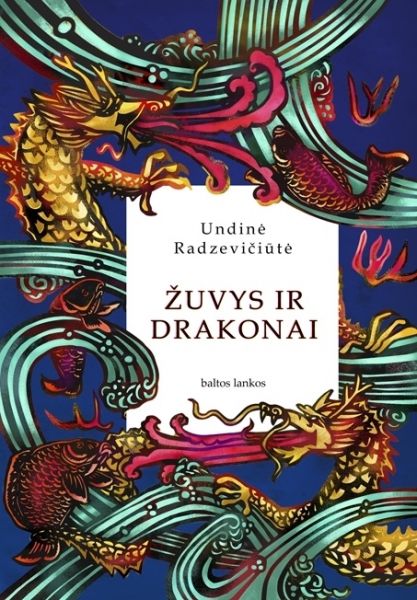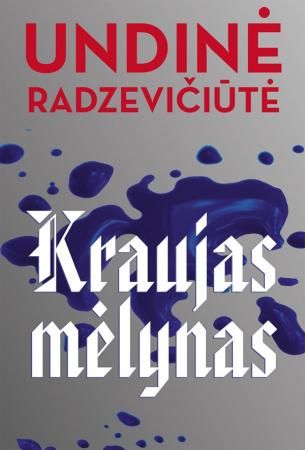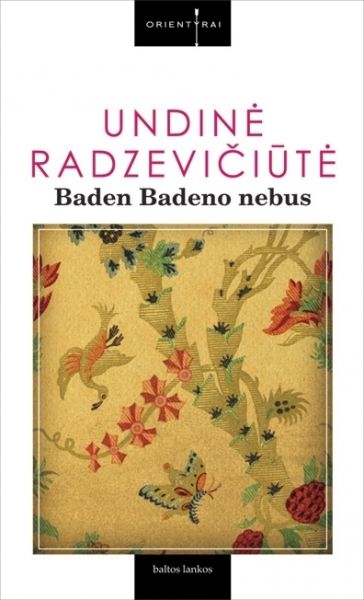 Fishes and Dragons
Fishes and Dragons
The Blue Blood

Published: 2017
ISBN: 9789986399308
Number of pages: 360
Dimensions: 145 mm x 217 mm
Publisher: Lietuvos rašytojų sąjungos leidykla
Undinė Radzevičiūtė’s latest novel The Blue Blood describes one of the most dangerous northern branches of the European families, which lived close by, beyond the border of the Grand Duchy of Lithuania. The Middle Ages of Europe depicted in the novel are already fading away, and the religious orders are dying out with them too. It is at that time that the eighteen-year-old Knight of Westphalia Bernhard von der Borch arrives in Livonia and before long becomes Commander of the Castle of Marienburg. He has, however, much higher aims and ambitions. Many highly intriguing details linking that family to the author herself are presented at the beginning of the novel.
Other books by Undinė Radzevičiūtė
Publisher
K. Sirvydo g. 6, 01101 Vilnius
Tel.: (8 5) 262 1637
Fax.: (8 5) 262 8945
Email: info@rsleidykla.lt
Lithuanian Writers' Union Publishing House was established in 1990. Currently we publish around 60 books per year and are ranged between 10 biggest Lithuanian publishing houses. The scope of our publications is wide: new books by Lithuanian authors, including prose, poetry, essays, memoirs and critical studies, also the first books by young authors, books from the literary canon and exiled authors as well as translations of elite foreign literature.

